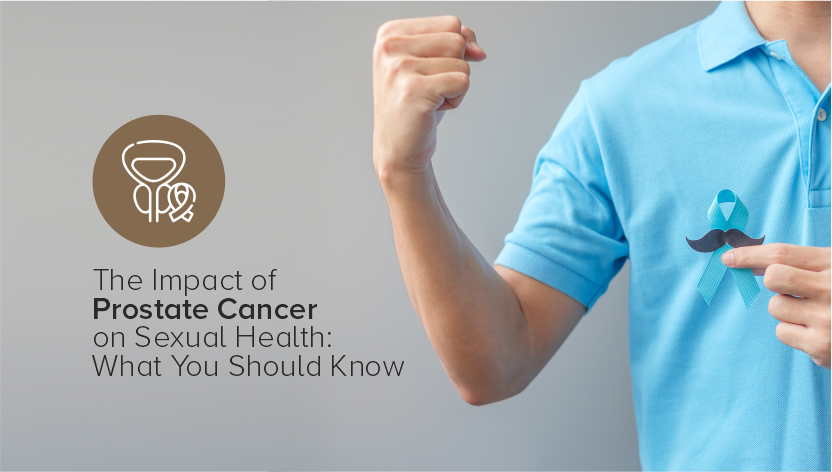Prostate cancer isn't just a medical diagnosis; it's a life-altering event that touches every part of a man's existence, including his sexual health. For many, the prospect of treatment and its implications can be as daunting as the diagnosis itself.
